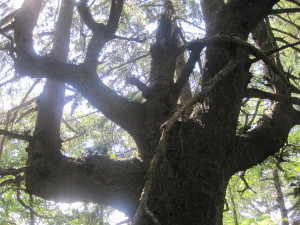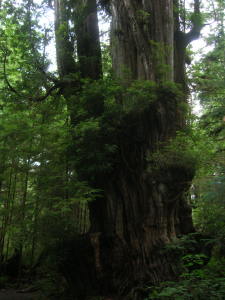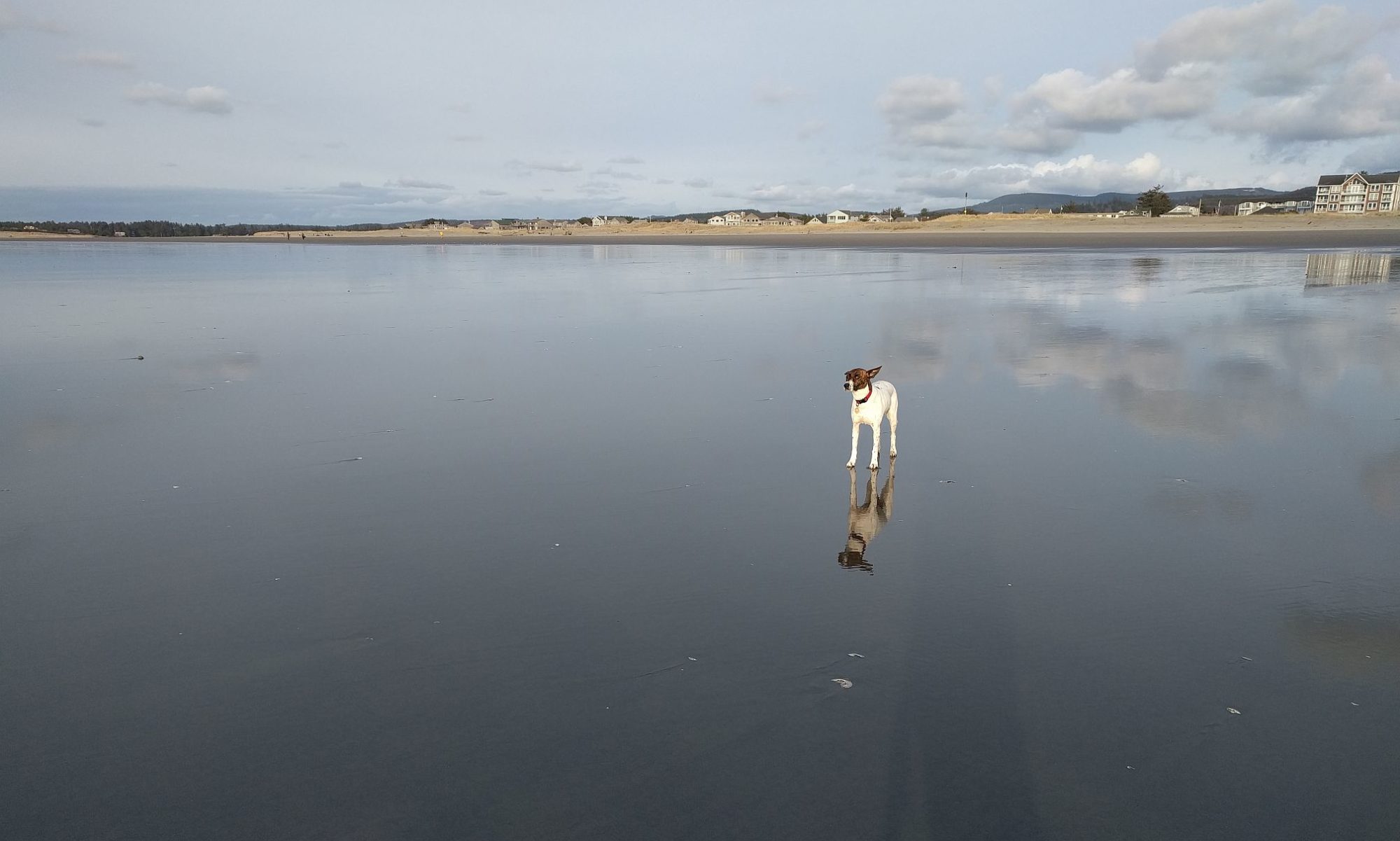“What we are doing to the forests of the world
is but a mirror reflection of what we are doing
to ourselves and to one another.”
Mahatma Gandhi
 Not long ago, John Fox led a poetry writing workshop in Portland, Oregon. The theme, “Writing Our Relationship With Trees” seemed ho-hum–until I attended.
Not long ago, John Fox led a poetry writing workshop in Portland, Oregon. The theme, “Writing Our Relationship With Trees” seemed ho-hum–until I attended.
During these two days I witnessed the wonder of words and sharing that happened as John offered prompts, read poems by Wendell Berry, Jane Hirshfield and Naomi Shihab Nye–and invited the rest of us to write and share.
It’s amazing what can happen when we sit to write about and with these tall lives from deep root to branches–and when we write from our memories associated with maple, cedar, apple and pear. Trees help us to breathe, yet how often do we stop to contemplate their impact?
This week I want to share some of the writing from that weekend by Carolyn Norred, Esther Elizabeth and Peg Edera–all poets who have been previously featured on L.I.T..
On the second day of the weekend-workshop, we gathered around a near-by Red Cedar. If you haven’t leaned against one of these giants lately or reached out your hand to touch its bark, I encourage you to go. Find a forest, or wander into your own backyard or the neighborhood park.
I am too often astonished when I realize all I fail to notice: Standing near the trunk of this huge tree, I felt the soft bark–spongy. I studied the complex life of browns and splinters. I thought about canoes and baskets–how this is the bark that built worlds for Native peoples though now I seldom stand quiet long enough to let the presence of the tree seep into my own body.
I was reminded, and it was good medicine. I’m not new to tree-worship yet forget these essentials. I forget my connectedness. I get lost in the whirl of the world.
…
From Carolyn Norred:
“The weekend workshop with John Fox was delightful in its invitation to invention and recognition of self through the poetic voice. One of John’s prompts on Friday night was to write of our first recognition of our own poetic voice. Surprisingly to me, what popped into my mind was a memory of a moment with my husband’s mother:
 “Robert Kennedy was killed and put on the train that took him across country to another place. It was all over the news. I couldn’t say anything about it, nor let it go. I was a young mother and chose to write a poem for Ethel Kennedy about that train. Later, I shared it with my mother-in-law, She sat so still and looked intently into my eyes asking, “You just wrote this?” Without another word and without dropping her gaze, she reached to the table beside her for her cigarettes and stuck one in her mouth, lit it, took a long draw, and let the smoke go sideways out of her mouth, and then dropped her gaze to look down and tap the ash into its tray. It was that look that showed me something in myself I had not seen before.”
“Robert Kennedy was killed and put on the train that took him across country to another place. It was all over the news. I couldn’t say anything about it, nor let it go. I was a young mother and chose to write a poem for Ethel Kennedy about that train. Later, I shared it with my mother-in-law, She sat so still and looked intently into my eyes asking, “You just wrote this?” Without another word and without dropping her gaze, she reached to the table beside her for her cigarettes and stuck one in her mouth, lit it, took a long draw, and let the smoke go sideways out of her mouth, and then dropped her gaze to look down and tap the ash into its tray. It was that look that showed me something in myself I had not seen before.”
Another prompt was a line from a Wendell Berry poem:
I go among the trees and sit still,
listening to the sway above me – around me
feel what lies beneath me, smell
and listen
open out there is more – and nothing
other worlds other lives
solitude, me, outside
still and moving, breathe
the air moves in and around
listen
listen still and listen
others living other lives – outloud.
— Carolyn Norred
…
From Esther Elizabeth:
Gift Within The Trees
There was only one tree in the yard
Where we moved the day I turned eight
So my dad, sisters, and I planted seven seedlings
I was responsible for watering them
Every day a bucket of water each
Seasons came and went
The trees looked pathetic and sad
Not dead but puny
Then the second spring we noticed
Leaves on the branches of the oaks and maples
We danced around the trees crazy with laughter and delight
I grew up among those trees
Graduated and moved away
Fifty years later
I returned to tend to my dying father
And noticed the trees
Higher than the house
Stately, beautiful, full
In the maple tree outside the window
Where my father lay in his hospice bed
A cardinal sat attentive
My father said the cardinals had been coming every day
Since the bed arrived
They come to watch me, he smiled
Or just to be beautiful, he said
Then a long gasping pause
They come, I suspect,
one by one, to sing me home
Lament
I go among the trees and sit still
Aching with sighs
Too deep for words
Feel the trees
Gasping for fresh air
Thirsting for clean water
I weep for them
Too soon to die
…
From Peg Edera:
At Fourteen
Pulled at fourteen from
our seaside cottage,
I moved alone with Mother
to a suburb,
a hillside of identical duplexes,
one single lean sapling
held up by stakes and split rubber hose
in front of each sad unit.
I didn’t know until then
how those pines that brushed
against our small home,
had filtered light by day,
shadow at night,
creaked and whispered
–the sounds below the other sounds
of foot on stairs and banging door,
ticking clock and shrill phone ringing–
the lighter sound
of faint wind through soft green needles.
I didn’t know until then
their blanket in winter
and cradle in summer,
their steady presence
as another Mother
more benign.
They were our morning news
of changing time,
our private fence
of layered limbs–
and I had never known otherwise
until that day
we reached this place
so different
I almost forgot my name.
I dreamed that night
of climbing the pines,
a dark ladder of reaching and pulling,
stepping off onto the roof peak
and sitting up there
all through the night
until the morning came
and I saw the sea again.
— Peg Edera
Please respect copyright, and seek permission from the poet before reproducing their work in any way.


I love this line Deborah and echo the truth of it for me — I am too often astonished when I realize all I fail to notice